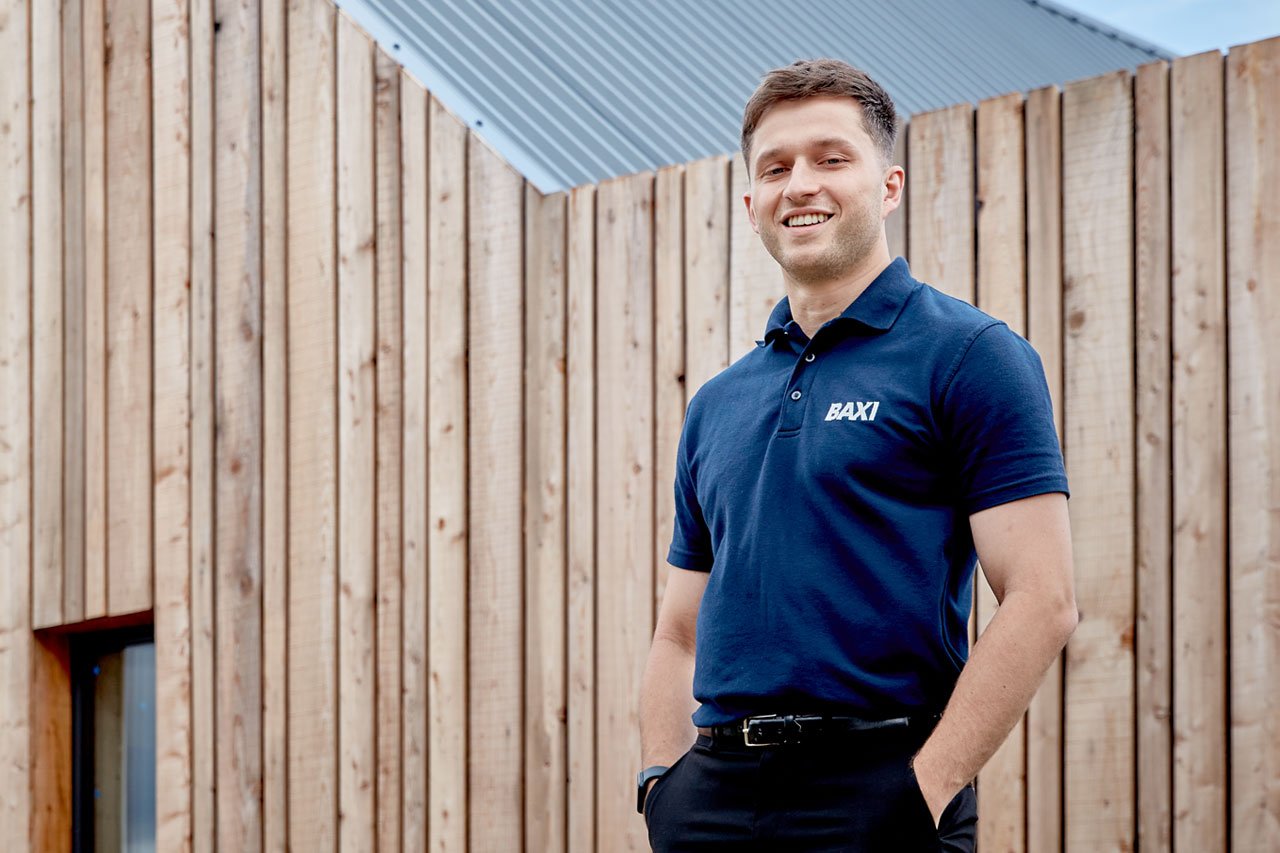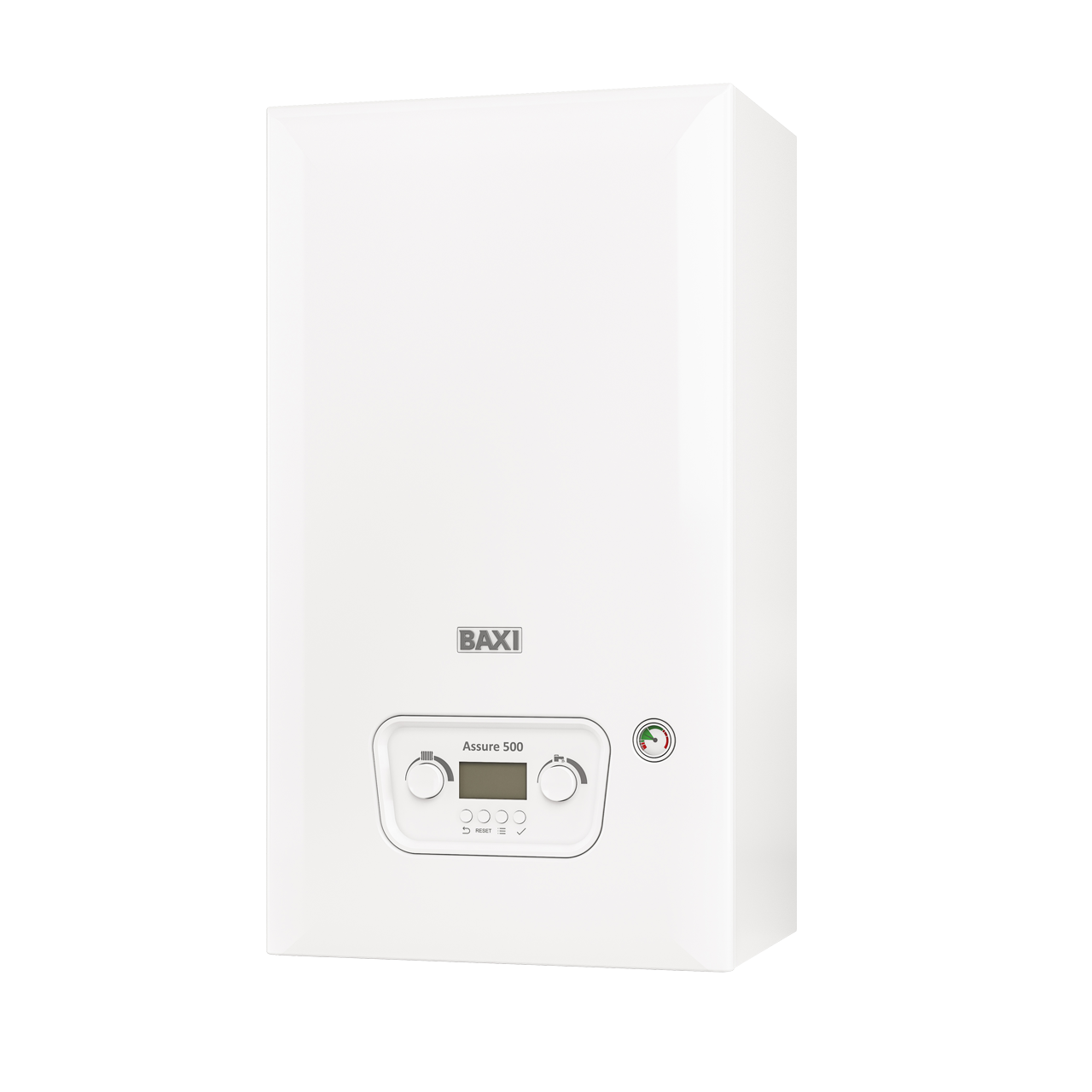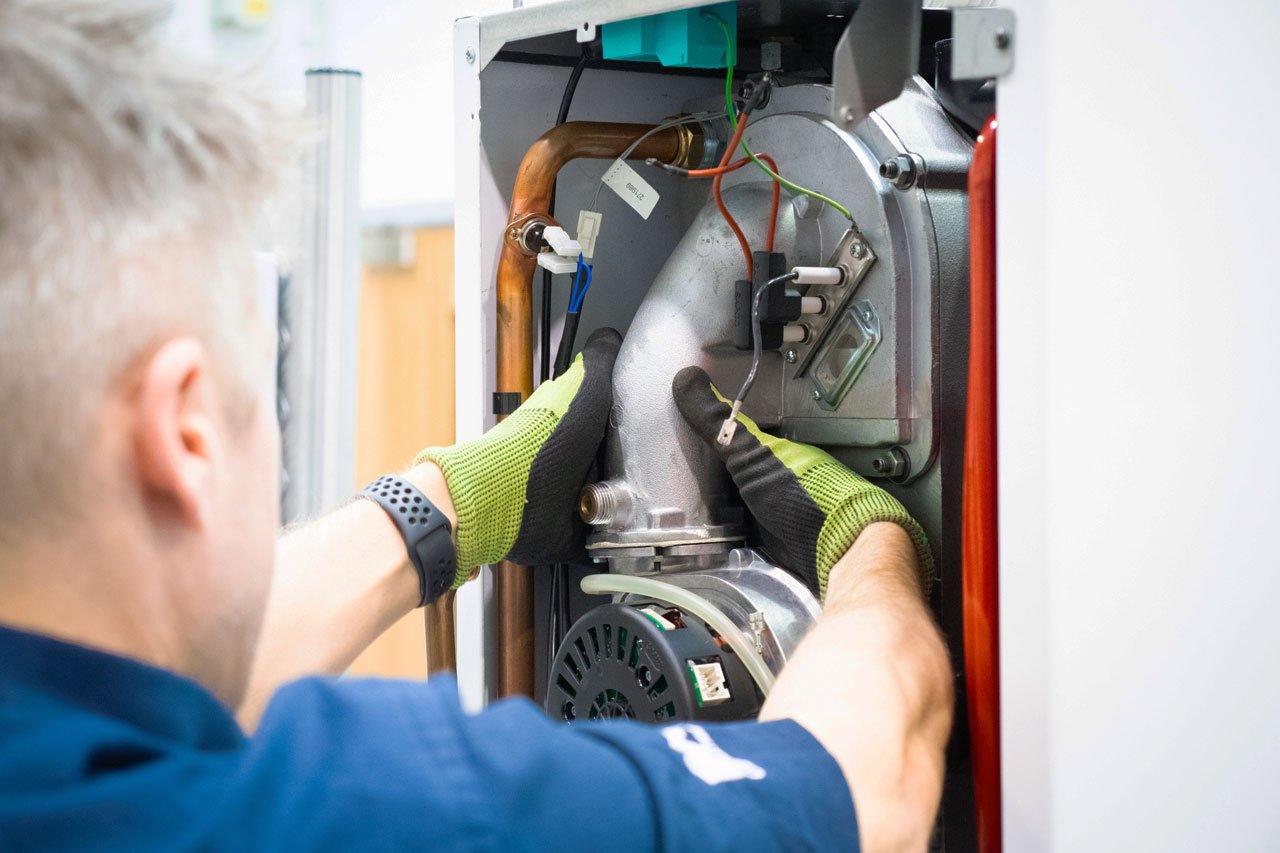
Go Green
We’ve been supplying heating and hot water technologies since the era of solid fuels like coal and wood, through the transition to “towns gas” in the late Victorian era, and then, following the discovery of natural gas under the North Sea in the 1960’s, we responded to the adoption of gas boilers as the default option for heating and hot water in buildings.
Today, we’re part of a global organisation focussed on the transition away from fossil fuels to sustainable and renewable solutions, like heat pumps. And right now is a great time to think about moving from a gas boiler based heating system to a heat pump. Government grants and support are among the best available in Europe, and spring is a good time to start the planning and installation process so you can have a heat pump system up and running in good time for autumn. Baxi is here to help.

Helping local communities
We’re proud to be part of Village Halls Week, celebrating the buildings often at the heart of village life, serving as an essential asset for local communities.
Village halls can cover a wealth of different applications and uses. In guiding you towards the right solution, it’s important we fully understand how the building will be used and who will use it.
We’ve created this simple questionnaire for managers of village halls to help get that process underway, so you end up with the heating you need, scaled to match your users expectations and your unique building.
What is an Air Source Heat Pump (ASHP)?
Put simply, an ASHP is a device which moves thermal energy from one place to another. Domestic fridges use the same technology in reverse, as they cool rather than heat.
ASHPs are similar to traditional heating systems; a unit generates heat which is then distributed through a property via pipework and radiators. Unlike their boiler counterparts which burn gas or oil to create warmth, ASHPs use energy available from the outside air to heat up water.
As such, they are more environmentally friendly as they don’t burn fossil fuels and are considered a low-carbon technology.




